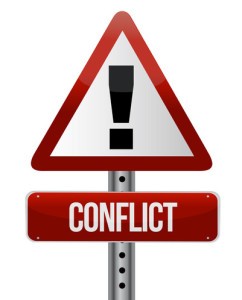Probate versus non-probate assets must be understood in order to draft a proper estate plan. Your Last Will only controls probate assets. Your non-probate assets could upset the intent you expressed under your Last Will if not properly identified, reviewed, and titled.
Probate versus Non-Probate Assets
Probate assets are those in your name alone. Examples are, a bank account solely in your name, a vehicle titled in your name, shares of stock in your name. Any asset that is in your name, alone, without a beneficiary or “payable on death” beneficiary, is a probate asset. Your Last Will controls their disposition.
Non-probate assets are those you own jointly with someone else, or an asset on which you have designated a beneficiary. Joint bank accounts, life insurance policies, certificates of deposit when you have designated it to be payable on death to another, are examples. These are not controlled by your Last Will. When you die they will automatically pass to the other owner or beneficiary, by operation of law.
Why Should You Care?
You should care about probate and non-probate assets and how they work as part of your estate plan. If you do not, you may defeat the plans you have for your loved ones upon your demise. Your estate will not be distributed as described in your Last Will.
The problem is illustrated by the following story: An elderly woman arrives at my office with her daughter to update her Last Will. Mom tells me that she would like to leave her estate, equally, among her four daughters. Now, I can easily draft a Last Will as she asked, but there is a problem: The daughter in my office lives a few blocks away from her mother, and she helps her mother write out checks for her bills. Mom, in order to make things easy, went to the bank and put her daughter as a joint owner on all of her bank accounts. Do you see the problem?
When Mom dies, all of her money will go to the one daughter, and Mom will have disinherited her other three daughters by accident. Mom made her accounts into non-probate assets, by making them “joint”. The inheritance will not be equal. There will be a lot of turmoil in this family.
See An Estate Planning Attorney
The issues surrounding probate and non-probate assets are only one aspect to preparing a sound estate plan. There are many others. So carry out your estate plan, consult with an estate planning attorney for peace of mind. “You don’t know what you don’t know”.



